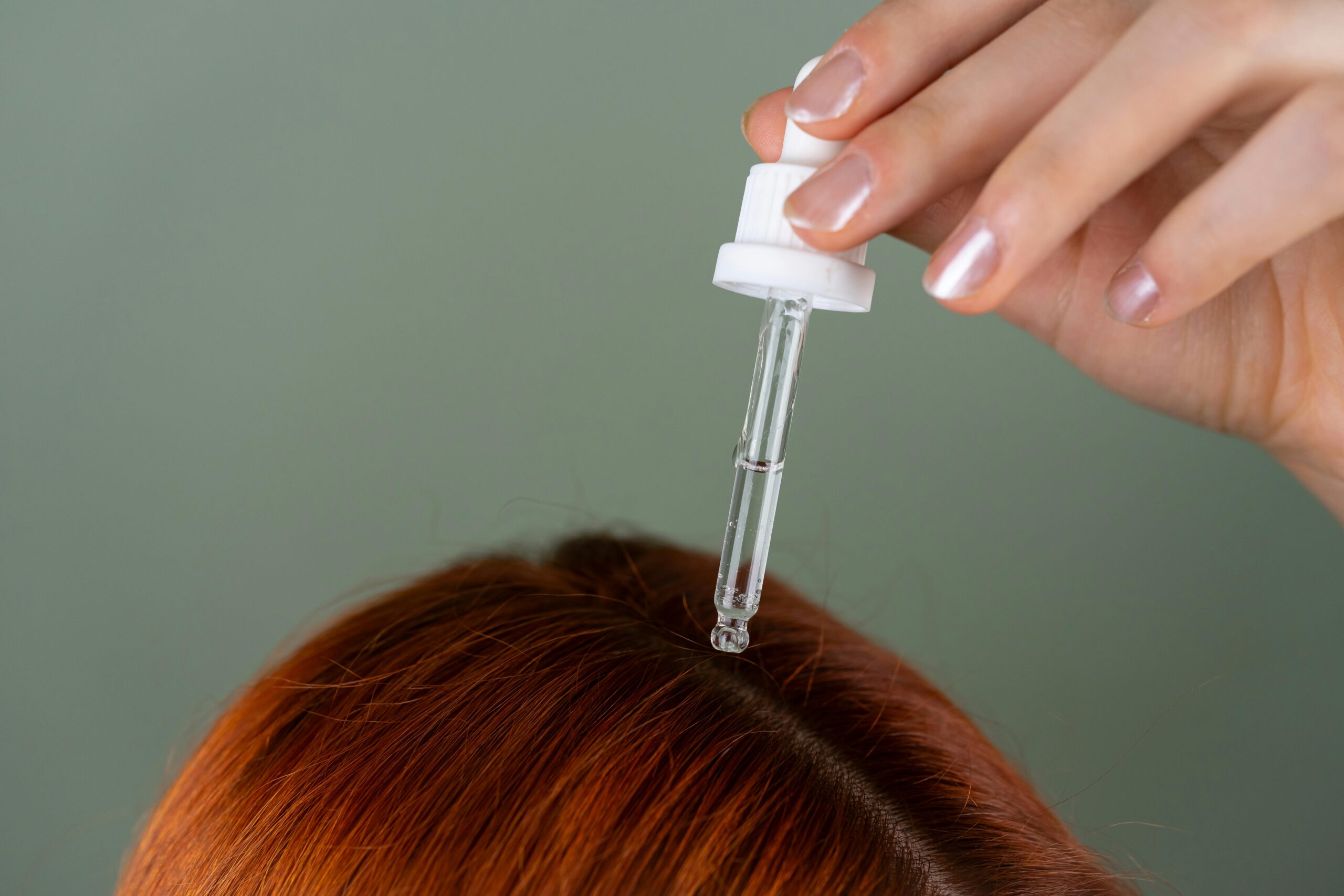Hair oils have been used for centuries to nourish and enhance the appearance of hair. They hydrate, protect, and add shine without expensive treatments. Whether your hair is dry, dull, or damaged, using hair oils can be a game-changer in your hair care routine. Here’s a closer look at how hair oils work and why they are essential for maintaining hydrated, shiny hair.
1. Deep Hydration for Dry Hair
Hair oils are excellent at locking in moisture and preventing dryness.
- Nourishing the Strands: Oils penetrate the hair shaft to provide long-lasting hydration, especially for dry or brittle strands.
- Sealing Moisture: Applying oil after washing your hair helps seal moisture into the strands, preventing water loss.
Using hair oils regularly can make your hair softer, smoother, and less prone to breakage.
2. Restoring Shine and Luster
Dull hair often results from damage, dryness, or buildup. Oils help restore shine naturally.
- Cuticle Smoothing: Oils smooth the hair cuticle, creating a reflective surface that enhances shine.
- Protective Barrier: They also act as a protective barrier, preventing environmental damage that dulls the hair.
Natural oils like argan and jojoba are particularly effective for improving shine without leaving a greasy residue.
3. Reducing Frizz and Taming Flyaways
Frizz is a common concern, especially in humid conditions. Hair oils combat this by taming flyaways and controlling frizz.
- Humidity Defense: Oils coat the hair, reducing the absorption of moisture from the air that causes frizz.
- Weight and Smoothness: They add weight to unruly strands, making them more manageable.
A few drops of oil can give you smoother, sleeker hair throughout the day.
4. Strengthening Hair and Preventing Damage
Hair oils are rich in vitamins and fatty acids that strengthen the strands and protect against damage.
- Repairing Damage: Oils like coconut oil penetrate deeply to repair damaged hair.
- Heat Protection: Applying oil before using heat tools creates a barrier that minimizes heat damage.
Regular use of oils strengthens the hair, making it more resilient to daily wear and tear.
5. Supporting Scalp Health
Healthy hair starts with a healthy scalp, and oils can make a significant difference.
- Moisturizing the Scalp: Oils hydrate the scalp, preventing flakiness and irritation caused by dryness.
- Stimulating Growth: Massaging the scalp with oils improves blood circulation, promoting hair growth.
Tea tree oil and castor oil are particularly beneficial for maintaining a healthy, balanced scalp.
6. Versatility for Different Hair Types
Hair oils are not one-size-fits-all. They work for various hair types when chosen and applied correctly.
- Fine Hair: Lightweight oils like argan or grapeseed provide hydration without weighing the hair down.
- Thick or Curly Hair: Heavier oils like coconut or castor deliver intense hydration and manageability.
Knowing your hair type helps you select the best oil for optimal results.
7. Easy to Incorporate into Your Routine
Adding hair oils to your routine doesn’t require much effort.
- Before Washing: Apply oil as a pre-wash treatment for deep hydration.
- Post-Styling: Use a few drops on damp or dry hair to add shine and smoothness.
A little goes a long way, making hair oils a convenient and effective solution.
Conclusion
Hair oils are a simple yet powerful addition to any hair care routine. They hydrate, strengthen, and enhance shine while addressing common concerns like frizz and dryness. With the right oil and consistent use, your hair can look and feel healthier than ever.
Frequently Asked Questions (FAQs)
1. Which hair oil is best for hydration?
Argan oil and coconut oil are great for hydration. Both penetrate the hair shaft and provide lasting moisture.
2. Can I use hair oils daily?
Yes, but it depends on your hair type. Lightweight oils can be used daily, while heavier oils may work better as weekly treatments.
3. Do hair oils make hair greasy?
Not if used correctly. Use a small amount and focus on the mid-lengths to ends of your hair to avoid greasiness.
4. Can hair oils help with hair growth?
Yes, oils like castor and rosemary stimulate the scalp and improve circulation, which can promote hair growth over time.
5. How do I choose the right hair oil?
Consider your hair type and needs. Lightweight oils are ideal for fine hair, while heavier oils work best for thick, dry, or curly hair.



